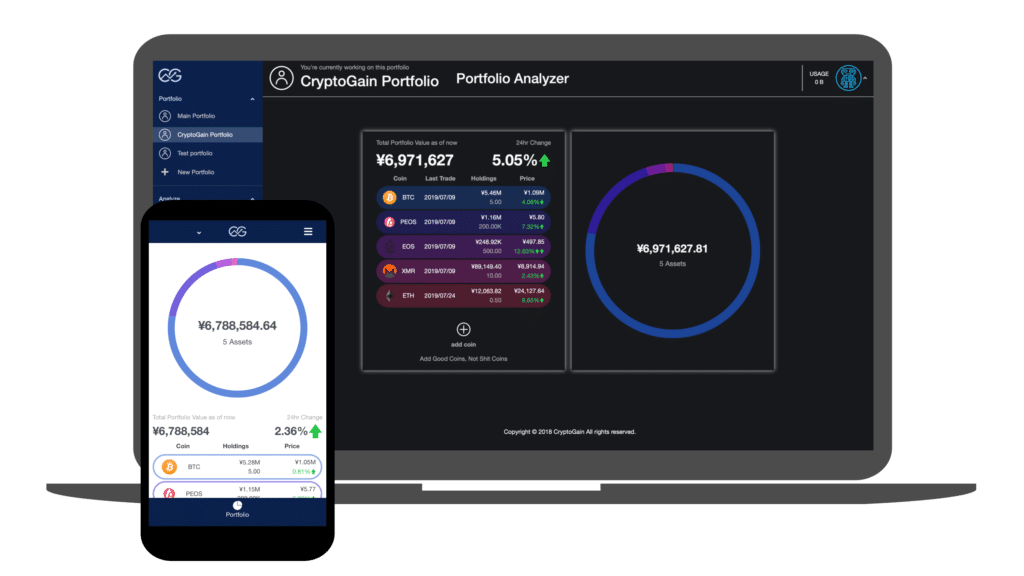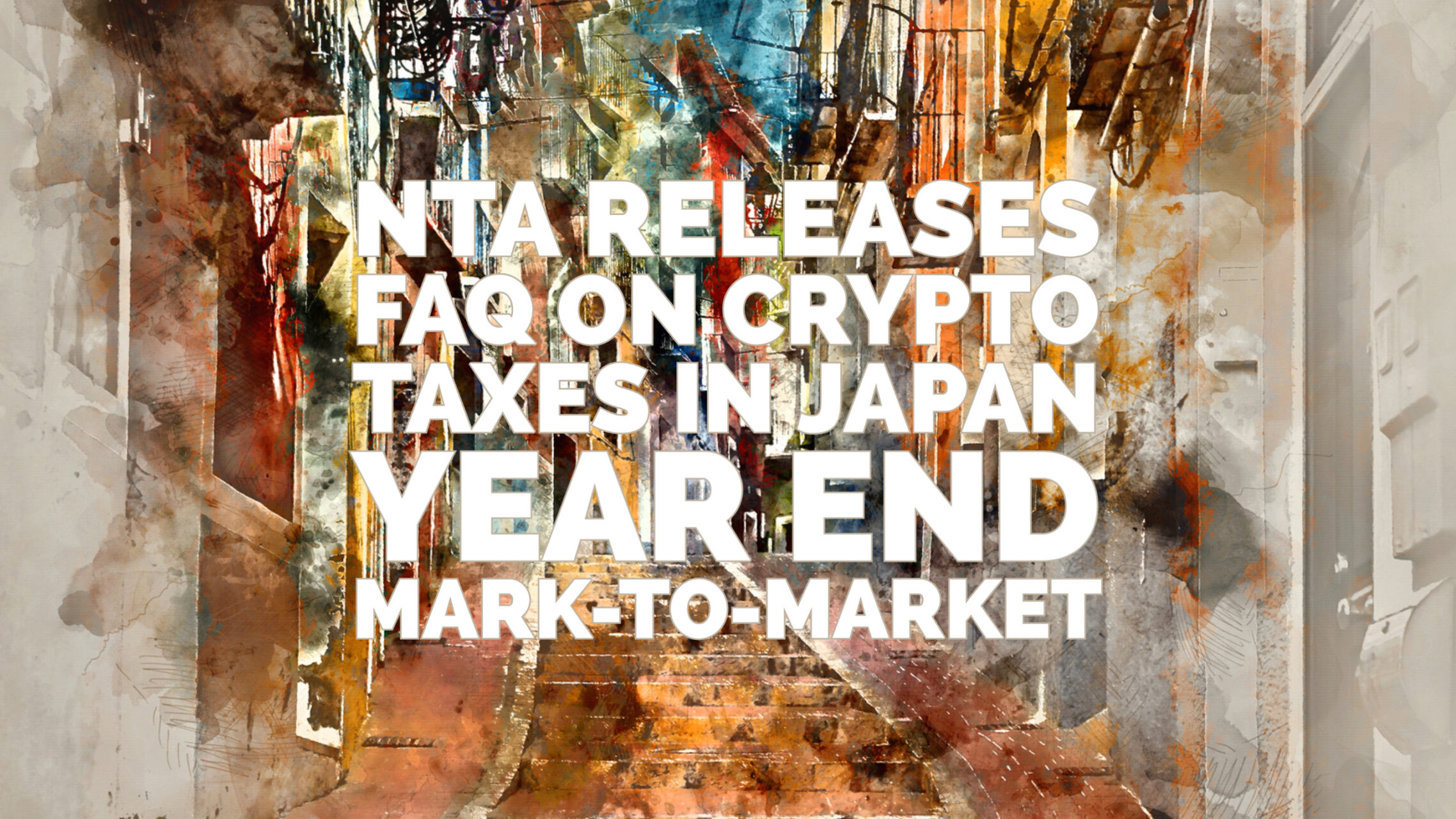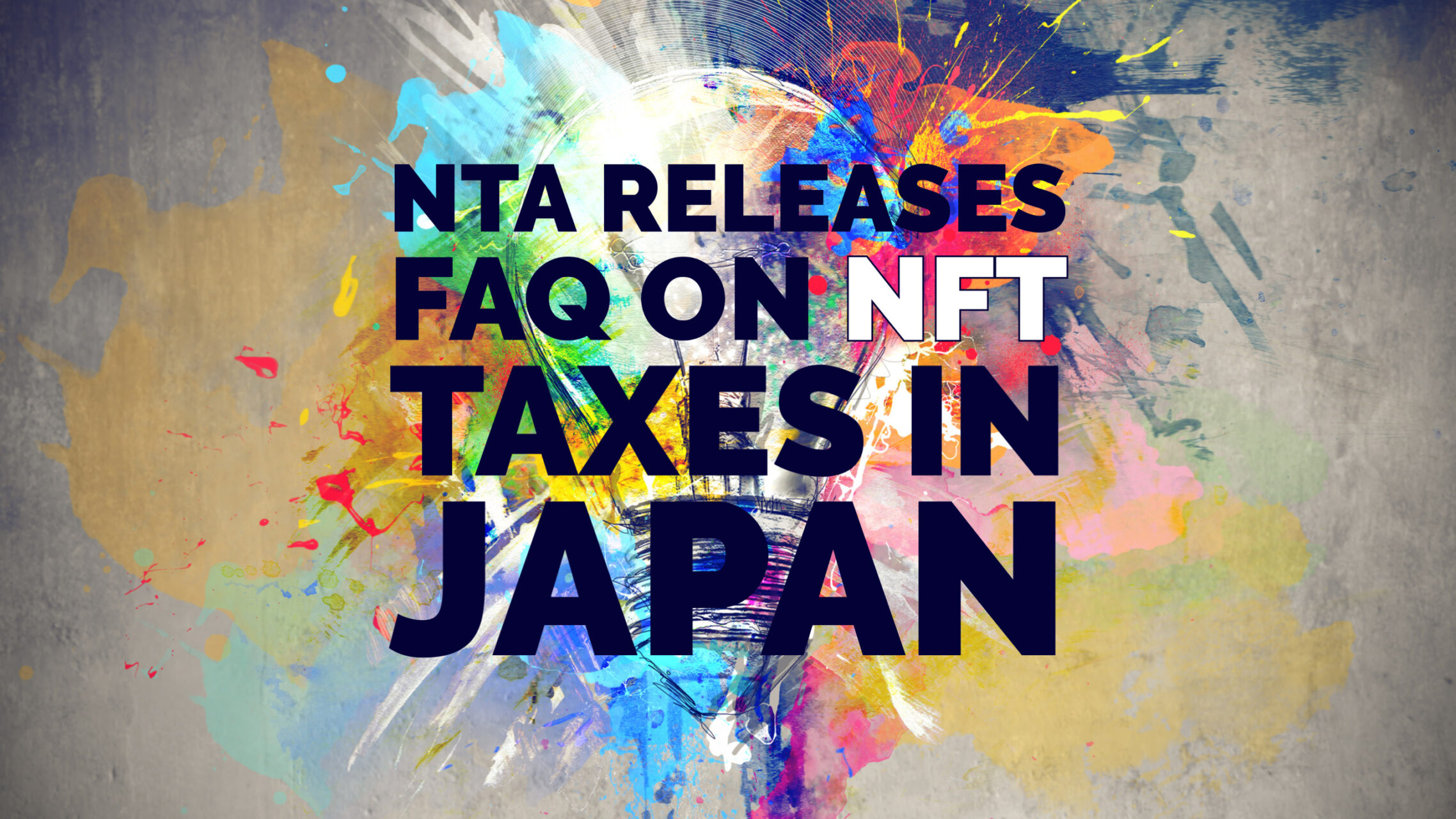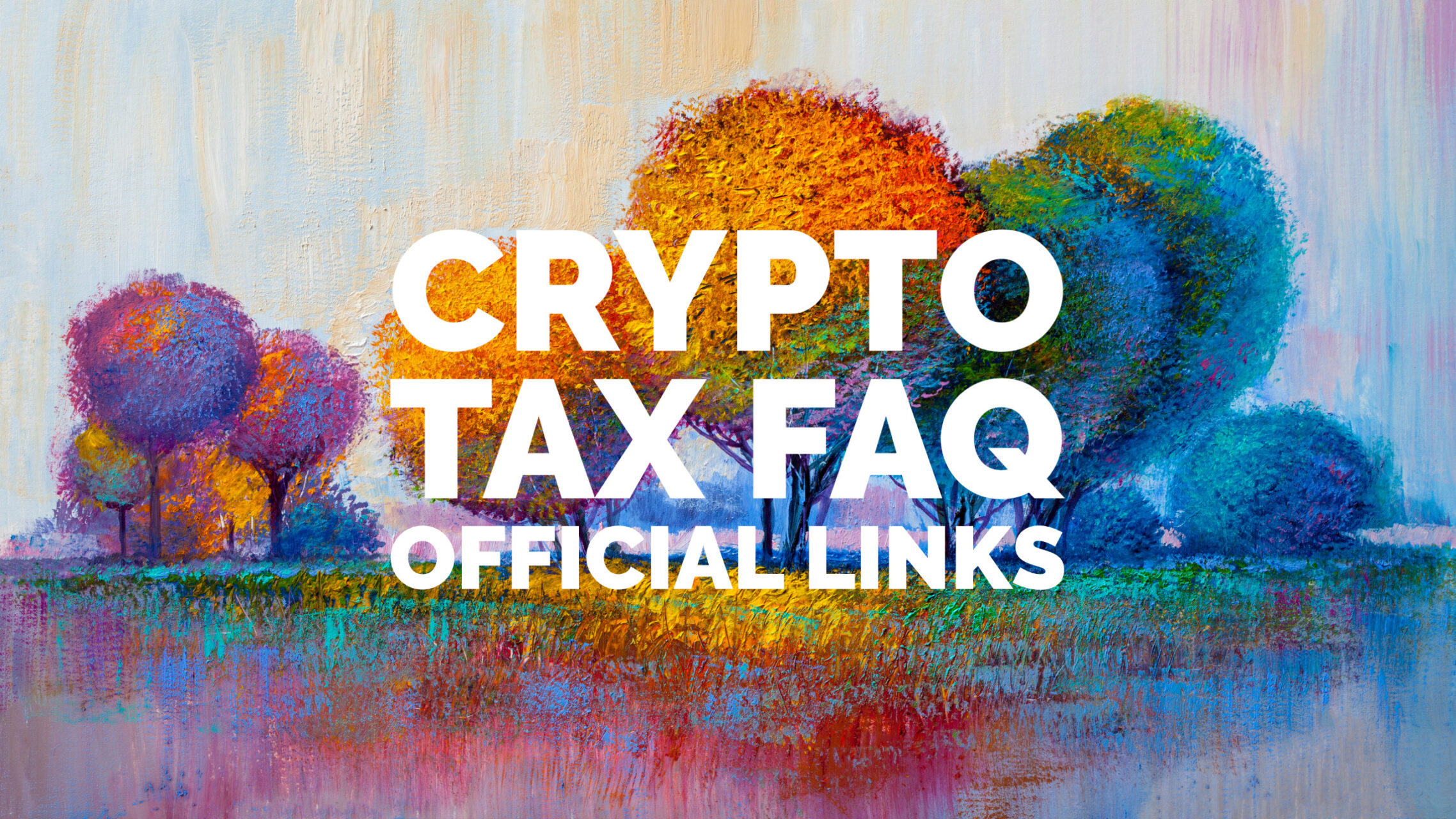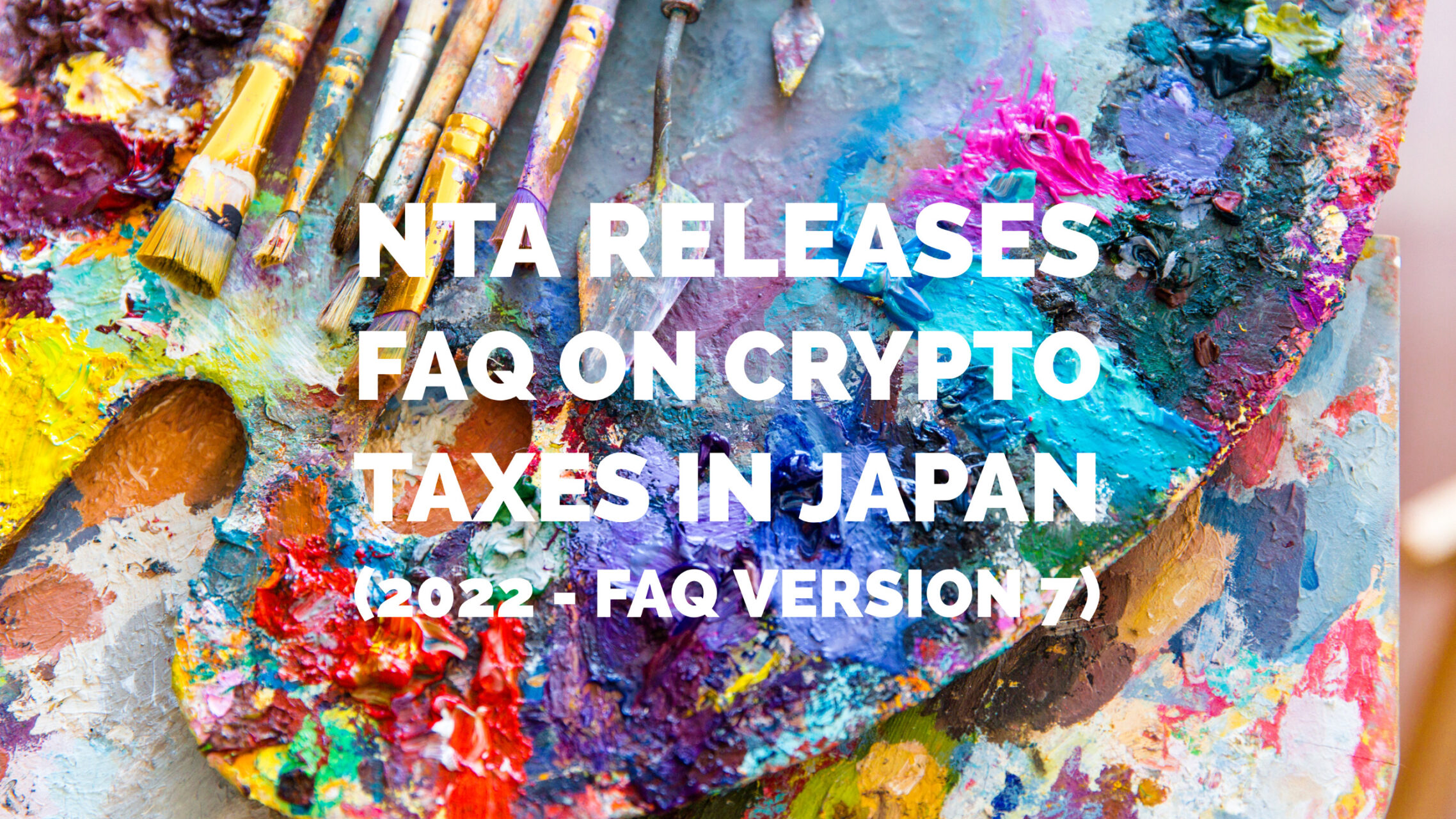SECがクリプト規制に対して前向きな発言?
クリプト・ママこと、コミッショナー、ヘスター・ピアス(Hester M. Peirce )がクリプト規制に対して建設的な発言
2019年2月8日にSECコミッショナー、ヘスター・ピアスが行ったスピーチの内容がSECのウェブサイトに掲載されました。
https://www.sec.gov/news/speech/peirce-regulation-view-inside-machine
https://youtu.be/TrobxlCT9AU?t=15001
SECのクリプトに対する姿勢の方向転換とも取れるくらい、クリプトに対して好意的な内容が多かったのでクリプト界の一部では話題になっています。
ヘスター・ピアスはもともとクリプトに対して好意的な立場を取っており、“クリプト・ママ”の異名をもつほどです。
SECは5人のコミッショナーからなっており、今回のスピーチもあくまでもヘスター・ピアス個人の意見であり、SECの見解ではないという前置きはありました。
しかし、SECコミッショナーの発言は相当の重みを持つため、注目に値すると判断しています。
スピーチの中から個人的に注目した内容を抜き出しました。
原文は記事の下に入れておきました。
- SECが規制の仕方を間違えなければクリプト・ブロックチェーンの技術革新を止めることなく証券規制の目的(投資家保護、資本形成、公平で効率的な市場)を達成することができる。
- トークンが投資契約として販売されていない場合、そのトークンは証券に当たらない。
投資契約としてではなく、機能しているネットワークで使うために発行されたトークンは証券の定義から外れる。 - 規制の明確化が遅れることで技術が自由に成熟できるかもしれない。
- クリプトに証券規制を適用しなければならないという前提をおいてはいけない。
成功したいICOのスポンサーは自主的な開示を行うことで品質をシグナルするだろう。
規制の有無に関わらず、情報開示は行われる。
また、証券規制が登場する前に証券取引所がしていたように、クリプトのエクスチェンジが情報開示を促す役割を担うことも考えられる。 - クリプトのETFについて、SECは投資家のために慎重に検討する必要はあるが、SECの価値観で投資家の投資対象の範囲を決めるようなことをしてはならない。
- 規制は契約の自由を無効にし、規制に違反したものを処罰するというものである。
当局と国民はそもそも規制が必要か、規制するとしたらどのようにすべきかを慎重に考慮する必要がある。
これらの発言から感じるのはLaissez-faire(自由主義)の価値観です。
もしかしたらクリプトの健全な発展を後押しするような姿勢をSECが取るのではないかとわずかながら希望を持ってしまいます。
投資家保護の観点からいうと一番の投資家保護は規制ではなく、投資家の教育だと思っています。
以前、SECは偽のスキャムICOサイト(HOWEYCOINS)を作って、注意喚起を行いました
https://www.howeycoins.com/index.html
スキャムICOの特徴をユーモラスに伝えることで投資家を教育する試みです。
個人的には正しい方向性だと感じました。
SECの動向、特にコミッショナー、ヘスター・ピアス(任期は2020年まで)の発言には今後も注目していきたいと思います。
原文から抜粋
The agency’s opportunity to rethink its approach to innovation also arises out of a decade of technological development related to blockchain and cryptocurrencies. This area has challenged many regulators around the world, and the SEC is certainly no exception. We, along with other regulators, are asking how existing rules apply in this space and whether a new regulatory framework would work better. If we act appropriately, we can enable innovation on this new frontier to proceed without compromising the objectives of our securities laws—protecting investors, facilitating capital formation, and ensuring fair, orderly, and efficient markets.
When the tokens are not being sold as investment contracts, however, they are not securities at all. Tokens sold for use in a functioning network, rather than as investment contracts, fall outside the definition of securities.
Ambiguity is not all bad, of course. We might be able to draw clearer lines once we see more blockchain projects mature. Delay in drawing clear lines may actually allow more freedom for the technology to come into its own.
Much as we regulators hate to admit it, we ought not to assume that absent the application of the securities laws to the world of tokens, there would never be any order. As Professor Lambert notes in his book, the disclosure approach built into the securities laws is designed to “prevent adverse selection by requiring informationally advantaged parties to share specified information with their counterparties.” As he explains, however, even in the absence of government directives, the informationally advantaged party may not need the government to tell it to make disclosures. The market itself sends this message; disclosure is a way to signal quality, something you want to do when you are trying to convince someone to buy your product. After an initial period of unbridled enthusiasm over ICOs, cooler heads seem to be thinking about ways to assess ICOs—to separate the wheat from the chaff. Sponsors of ICOs that want to succeed will make voluntary disclosures to signal their quality. Disclosure will happen regardless of whether the securities disclosure regime applies to ICOs. Moreover, the platforms that trade cryptocurrencies can play a role in forcing such disclosures, much as the stock exchanges did before the securities laws took effect.
There is also great interest in exchange-traded products based on bitcoin or other cryptocurrencies. As I have mentioned in the past, I am concerned that our approach with respect to such products borders on merit-based regulation, which means that we are substituting our own judgment for that of potential investors in these products. We rightfully fault investors for jumping blindly at anything labeled crypto, but at times we seem to be equally impulsive in running away from anything labeled crypto. We owe it to investors to be careful, but we also owe it to them not to define their investment universe with our preferences.


